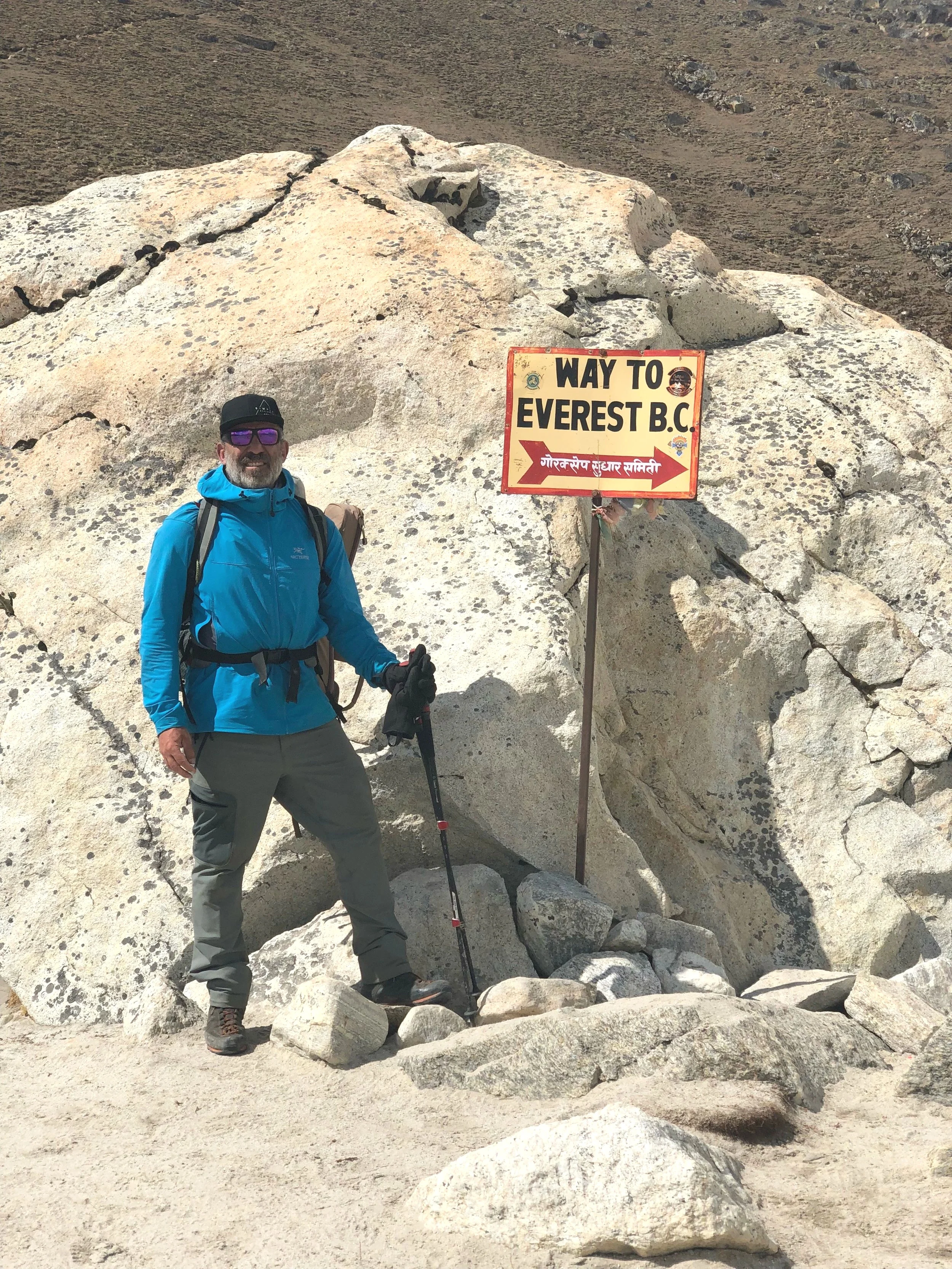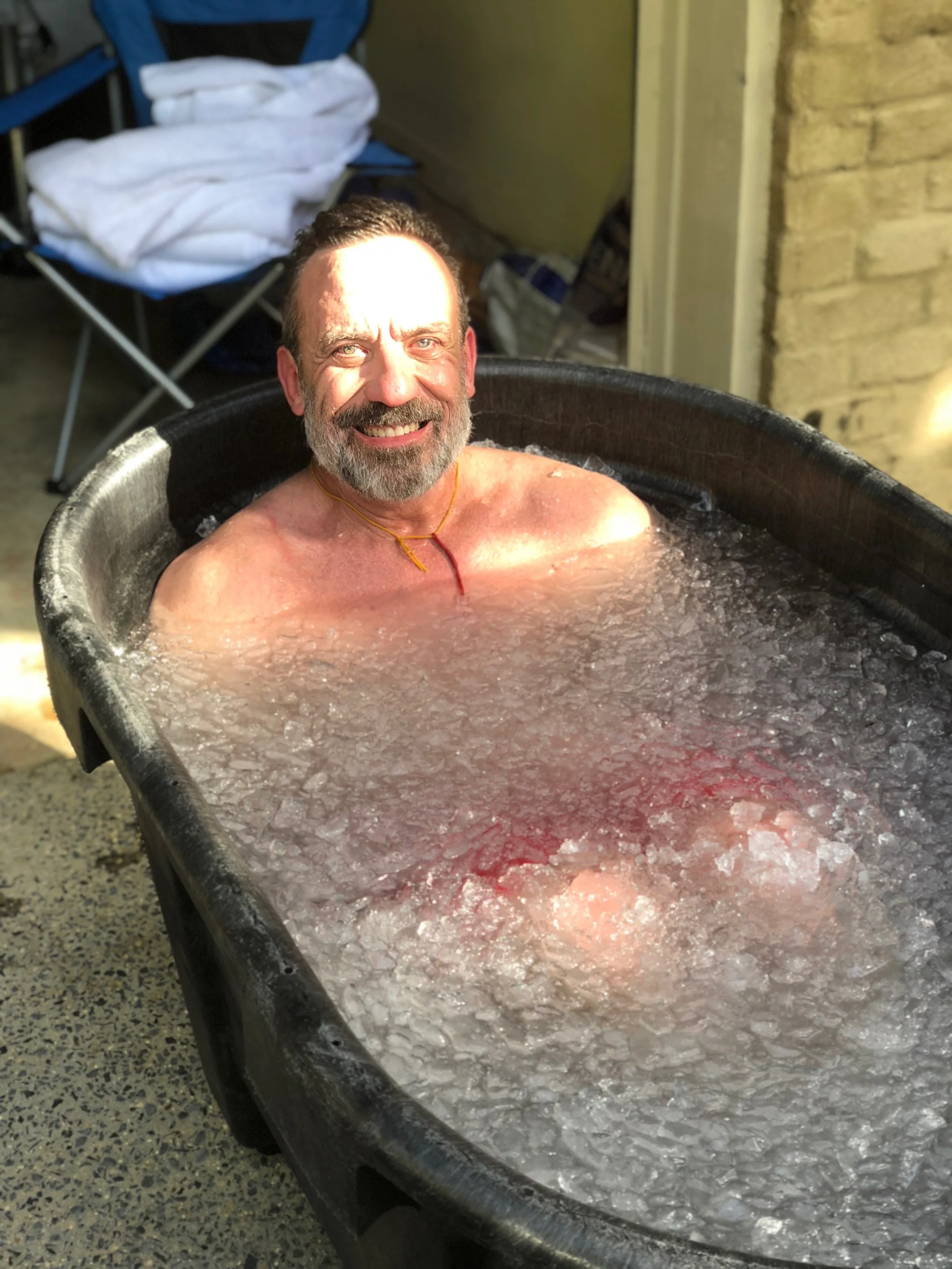My favorite podcaster, Rich Roll, had Joe De Sena on his podcast on January 3, 2022. Joe dropped a lot of wisdom during this episode, but one of the things that struck me, as we started a new year, was the notion of not only being intentional about the big things you want to accomplish during the upcoming year, but, once you’ve done that, actually announcing it to “the” world or your world in order to hold yourself accountable. So, taking a play call from Joe, I’m starting tomorrow to formally begin training for Everest 2023.
This effort really started almost a year ago when Ted McDonald helped me cut 20 pounds of bad weight and get in the best cardiovascular shape of my life. But tomorrow, I move to climbing specific training with Sam Naney of Cascade Endurance. Sam trained one of my teammates on my first Everest attempt and she raved about how well the training had set her up for success on Everest.
In addition to Sam, I have a great team to help me through the preparation for this next attempt and the attempt itself. First and foremost, is my wife, Ellie. We were married this past summer and one of her vows was to go with me to base camp and hang out there while I climbed. Everest base camp is an amazing otherworldly place, but, make no mistake, it’s a sacrifice and a wonderful gift that Ellie is willing to spend two months at base camp with me.
In addition to Sam and Ellie, Tomi Ceppi (through Climbing the Seven Summits “CTSS”) will be my guide. I’m excited to climb with Tomi and be supported by CTSS. Mike Hamill, the owner of CTSS, guided me on one of my early Rainier summits. I’ve watched him go on to build one of the most well known and highly thought of guide services in the world.
For tomorrow, I hike on a treadmill for an hour in a prescribed manner called a Drift Test. The purpose of this test is determine my “lactate threshold”, which, as I understand, is somewhat of a proxy for the top end of my Zone 2 (where I will spend 80%-ish of my training). Once my Zone 2 is updated tomorrow, Sam will be able to prescribe my max heart rate for my aerobic training.
Oh, I’m doing all of this on a vegetarian/aspiring vegan diet. I know I’m not the first Everest climber to attempt this, but it’s a bit of a step for me personally.
That’s all I have for today. My intention is to chronicle this experience often.
















